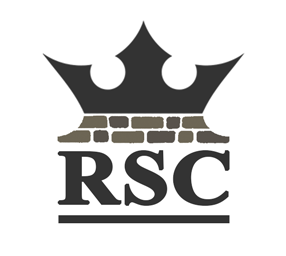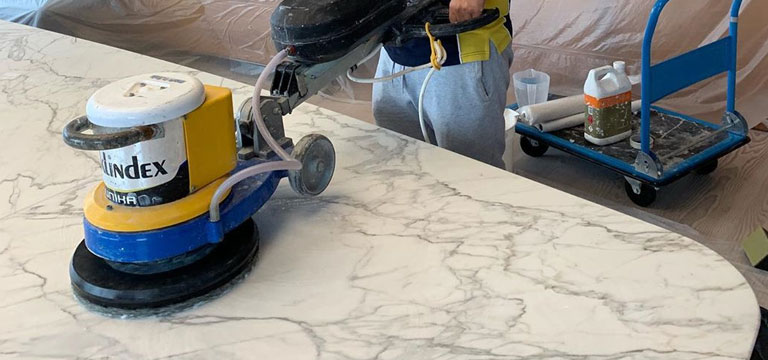A recent letter from a reader to a national newspaper’s ‘consumer champion’ column reminded us how important it is to get marble cleaning absolutely right, every time.
The London-based correspondent, named only as DP, had turned to a website to find a new cleaner for their home. The site assured ‘DP’ that a five-star, experienced person would be found for the task.
However, the cleaner sent to do the job used a strongly acidic product on the customer’s real marble shower. They ended up needing to get a marble repair quote – at a cost of £1,350.
Initially, the website who provided the cleaning staff blamed DP, saying that, under their terms and conditions, customers had to identify any ‘vulnerable’ surfaces.
However, DP admits: “I only saw those t’s and c’s after the cleaner came. He was a nice guy and he admitted fault. I am not keen to get him into trouble.
“But I don’t think he had been trained properly. In two decades of hiring cleaners, I have never known any of them not to know that you can’t use a highly acidic cleaning product on a surface like marble.”
In her reply, the consumer champion acknowledged that real marble is always expensive to replace, and that marble repair is a hassle to organise. She had also seen photos of the damaged shower wall, and agreed that large areas of the bathroom tiles had been left grossly discoloured. In places, the grey-and-white mottled effect had become almost completely white.
Equally, it was possible to see precisely where the cleaner had splashed and rubbed in the harsh cleaning product.
Why acid is a problem
Especially when you are trying to remove a stain, marble polishing requires special care and attention. Marble is softer than quartz or granite, and made of calcium carbonate. So it is vulnerable to marking or etching (dull spots). There is a chemical reaction between the acid and the calcium carbonate, causing some of the surface to erode a little on impact. Etching is like a scratch, in that it’s a transformation of the surface.
Acid is found in food and drink such as tomatoes, citrus fruits, wine and milk.
To clean marble, you’re best off using warm water plus a soft cloth, or a specialist marble cleaner.
How we can help
The consumer champion’s view was the cleaner should have been trained to ask if they were unsure, to avoid just these sorts of situations. In the event, the site agreed to cover the customer’s marble repair bill as a gesture of goodwill.
However, not everyone may always be so fortunate – or have a national newspaper journalist to help them, as DP did. At Royal Stone Care, we’re marble restoration, repair and cleaning specialists, covering all of the London area and beyond. Our skilled staff and specialist equipment mean we get marble cleaning right every time. After all, it’s a job for the professionals. Talk to us today.

